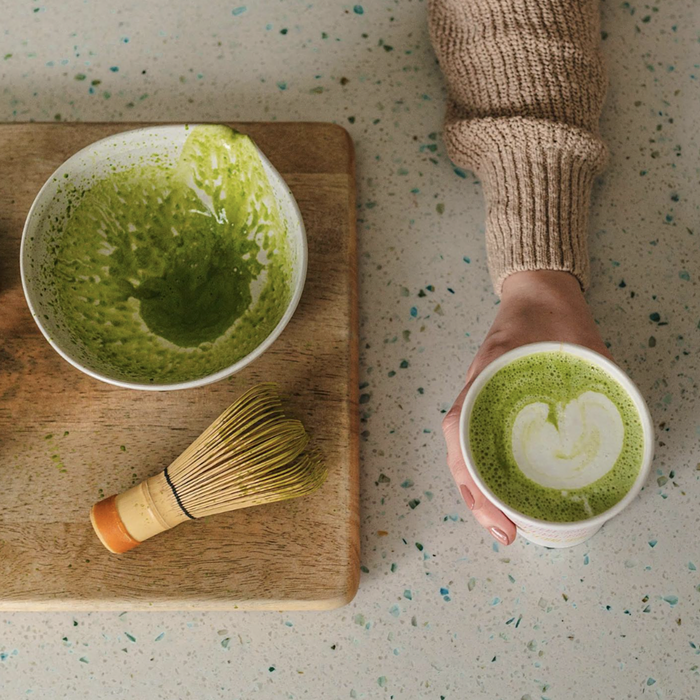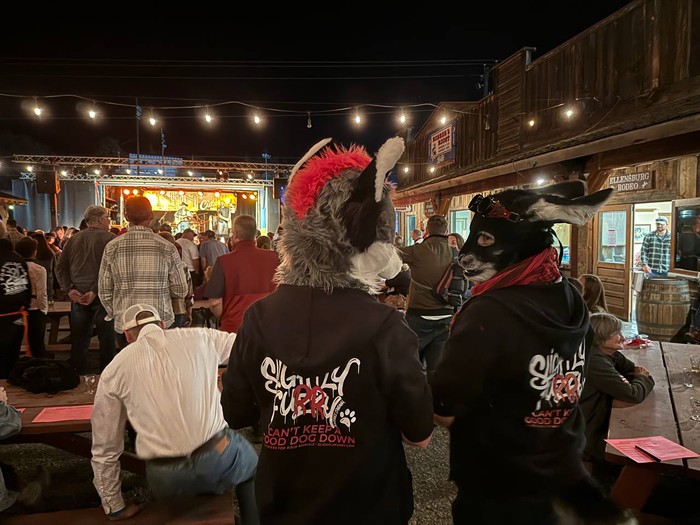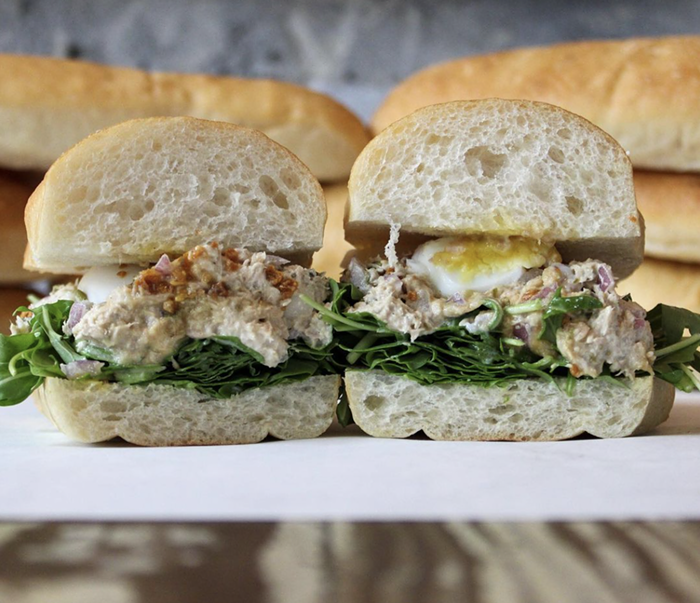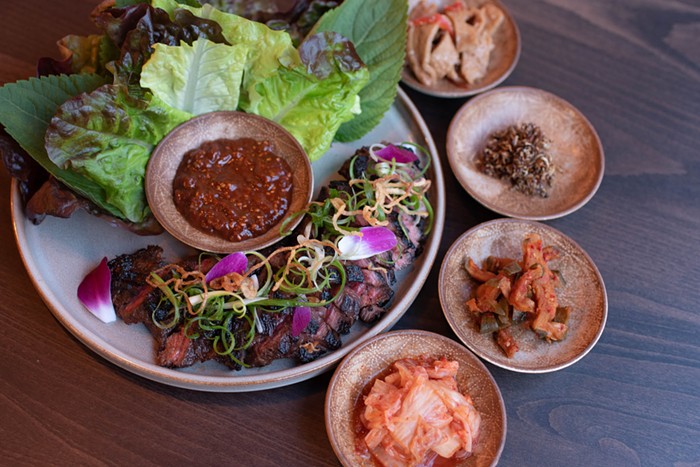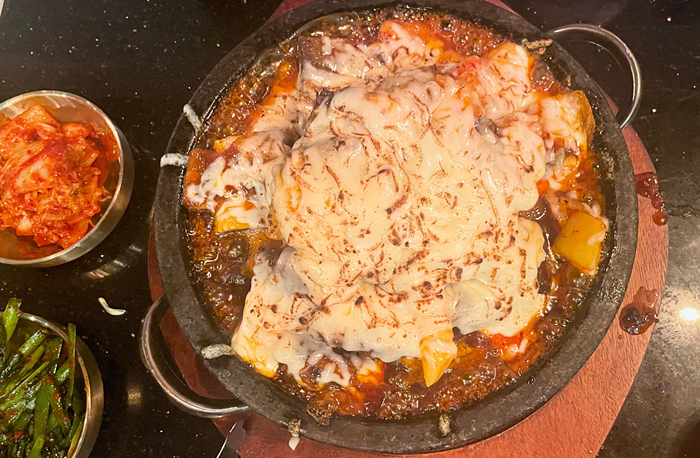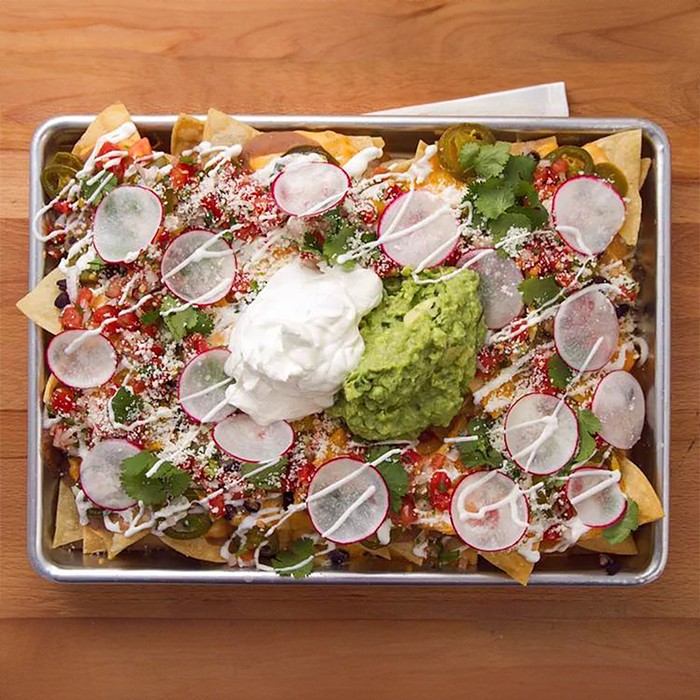Every Christmas Eve, my older sister, my brother-in-law, and I ignore my slightly lactose intolerant little sister's and my mother's protestations. As we fill one or two massive wooden boards with all the fancy cheeses we've been dreaming about all year—Pont l'Évêque, Reblochon, taleggio, Manchego, P'tit Basque, Rogue Creamery Smokey Blue—my mother cries, "Is this ALL we're having for dinner?"
The rest of the family can suck it. The night belongs to Big Cheese. Beforehand, we spend days arguing, like a pack of 7-year-old kids forced to share toys, over what makes it onto the board. We usually wind up with a cheddar, a blue cheese, a hard sheep's cheese, and at least one or two stinky cheeses that almost have legs enough to jump onto the plate themselves.
Admittedly, I lean more toward European imports than local Washington cheeses. It's not that I dislike any of them; I just don't know them very well beyond Beecher's Flagship and Mt. Townsend Creamery's Seastack.
If you're anything like me, you like what you've tried and would like to learn more, but you're not sure where to begin. The Washington Artisan Cheesemakers Festival on September 24 is a good place to start. Compared with most other states, the Washington artisan industry is experiencing what Steve Jones, cheese expert and owner of Portland's Cheese Bar, calls "explosive" growth.
There are now more than 70 producers turning out everything from fresh chèvre to aged raw-milk Italian-style cheeses. The lion's share of these are small mom-and-pop creameries, not large Tillamook-style entities ready to take over the QFC deli case. But modest as some of these upstarts are, they're turning out cheeses beloved by buyers across the country.
"You have absolutely everything, from people making fresh goat's milk cheese, to bloomy-rinded cow's milk cheese, to aged sheep's milk cheese, really intricate blues, washed-rind stinky. The spectrum is massive," says Jones of Washington State's cheeses.
Washington excels at sheep's milk and washed-rind stinky cheeses, says Jones, while Oregon "is very goat-heavy. With Oregon and Washington, we're able to work off green grass for a longer period of time. With green grass, you get a lot more richness and depth of flavor," he explains.
In a way, says Kurt Timmermeister of Kurt Farm Shop and Kurtwood Farms, located on Vashon Island, Washington has more freedom than other parts of the world in terms of the types of cheese the state produces. Its cheese makers are freed from the constraints of protected designation of origin rules.
"There isn't this, like, if you're in Normandy, you're not going to make Swiss cheese or Comté," he says. "It makes for a fabulous variety of cheese, no question... Small bloomy rinds, small washed-rind cheeses, and tommes. That's a huge chunk of what's made here. And fresh chèvre."
Washington's growing cheese industry is more similar to the state's brewing industry in its infancy than the wine industry, according to Jones. In both industries, a business often starts as a smaller passion project, he says. Whereas, "wine starts from big money that's whittled down to little money."
Money is, of course, the biggest hurdle for any burgeoning industry.
Rhonda Gothberg of Gothberg Farms (in Bow), the president of the festival's nonprofit beneficiary, the Washington State Cheesemakers Association, says cheese makers have to deal with challenges as they scale up.
"Land acquisition, building the infrastructure, and complying with all the regulations are all very expensive, and then we get into labor costs," she says. "You can't do it all by yourself for very long. Finding employees that want to do farm work or cheese work is not that easy."
As the community grows, so does the respect for its cheeses. "You're seeing more cheeses entered into competitions, more awards being given," Jones says. "Cheese buyers from around the country are trying to figure out how do we get these great cheeses from Washington State out to New York City. There's a lot of excitement about what's happening in Washington, nationwide."
"Pardon the pun, but the grass is always greener," says Jones. "You always want the cheese you can't get in your backyard."
The best way to make sure the Washington cheese market flourishes is to vote with your wallet. "If you want great cheeses in 20 years, you have to start buying that cheese today so those creameries keep expanding and improving," Timmermeister says.
WE WANT ALL THE CHEESE
Sometimes one must pick and choose. Here, some local cheese makers offer up a few of their local favorites:
Rhonda Gothberg: Monteillet Fromagerie makes beautiful French-style cheeses. Mountain Lodge Farm makes a really good hard, aged cheese. Ferndale Farmstead has fresh mozzarella. Tieton Farm and Creamery has nice little French-style bloomy cheeses. Pleasant Valley Dairy does a really nice Gouda.
Kurt Timmermeister: I love Yarmuth cheeses from Darrington—they have [a goat cheese] called Nonna Capra that I think is exceptional. Tieton Farm from Eastern Washington—their [Reblochon-style, soft-ripened] cheese called Rheba. We also buy a lot of cheese from Cascadia Creamery—they make Glacier Blue, a beautiful, Stilton-style cheese. And I'm obviously biased toward the cheeses made at my farm.
Steve Jones: I'm a huge, huge fan of Cascadia Creamery. Their cheeses are raw, organic cow's milk. They seem very handmade, but they keep a very consistent flavor profile. They produce a couple of washed-rind cheeses that are very meaty, brothy, lots of umami, good depth of flavor, but still with a high degree of edibility—you just want to keep eating them. Black Sheep Creamery near Chehalis does these great rustic aged sheep's milk cheeses. Up in Northern Washington, there's a couple of new places that I'm excited to see coming on: Twin Sisters Creamery is making Whatcom Blue, a very approachable but very interesting blue cheese that's been a hit coming onto the market. Ferndale Farmstead does more Italian-style cheeses that are great melting cheeses. Also in that neck of the woods is Samish Bay Cheese, his fresh Ladysmith, for a simple cheese, I find it super exciting. It's usually only a week old—we quite often tell people this was grass last week.
If you don't make it to the festival, these stores carry a good selection of Washington cheeses: Beecher's Handmade Cheese, Kurt Farm Shop, Metropolitan Market, and Central Co-op.

